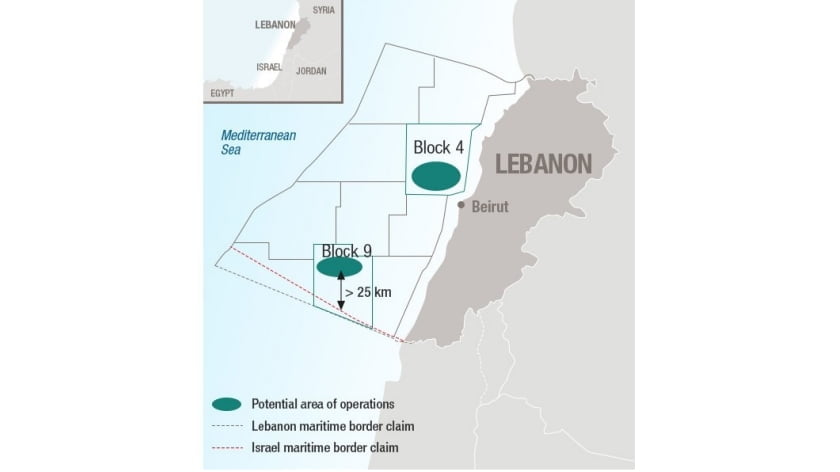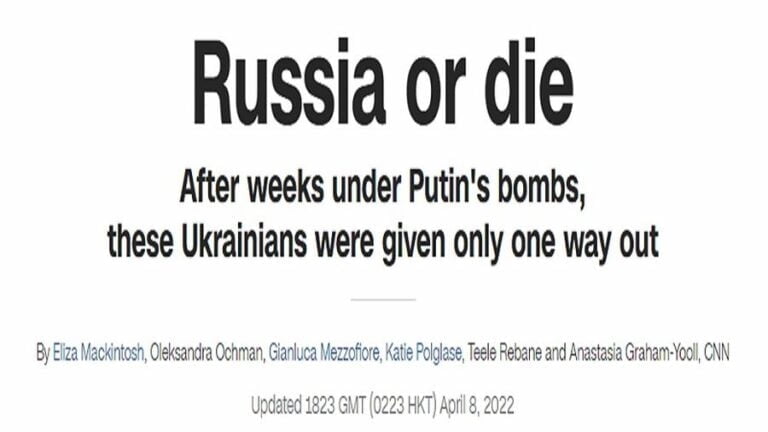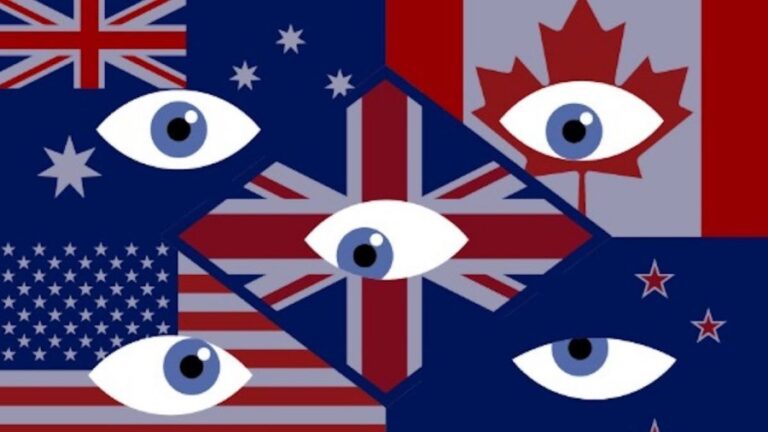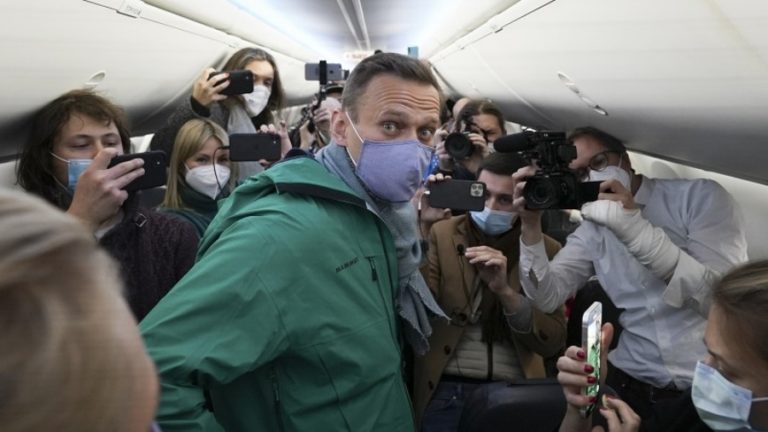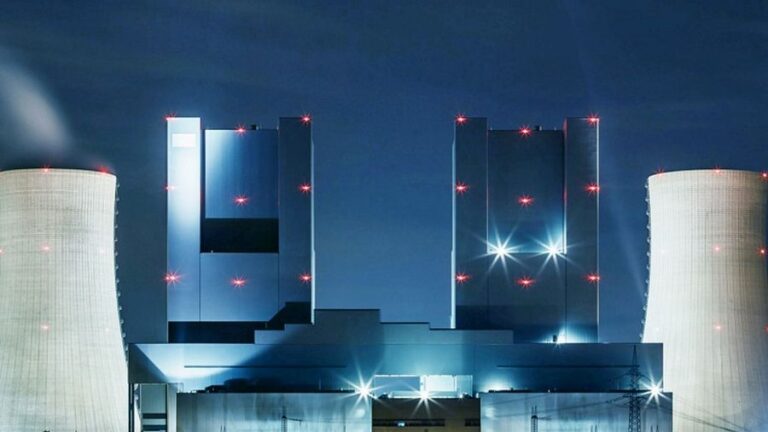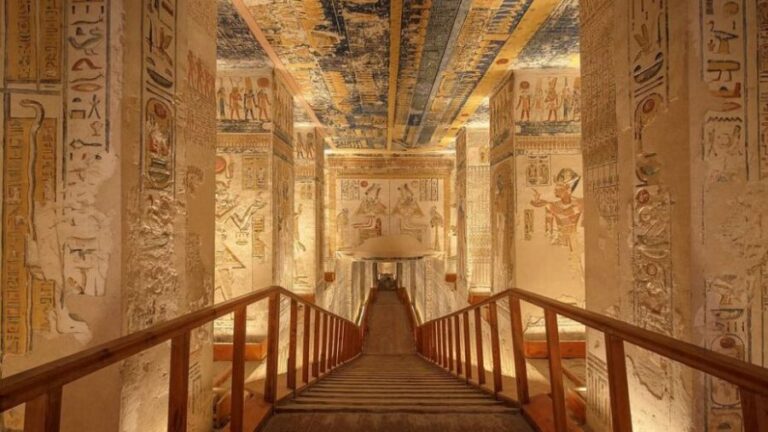Lebanon Must Turn to Europe as Mediator for Its Maritime Claims Dispute with Israel
Lebanon is preparing to receive US Secretary of State Mike Pompeo with no domestic enthusiasm. It is foreseen that the visit will bring no positive outcome to the country. This conclusion has been reached by many Lebanese officials following previous visits by Assistant Secretary of State David Hill, and after him by US Deputy Assistant Secretary of State for Near Eastern Affairs David Satterfield, both of whom delivered clear threats to the country. These threats fell under the rubric of “fighting Hezbollah and its influence in Lebanon” but their real goal was to advance the security of Israel and Israel’s demands in the disputed maritime oil and gas triangle. The US envoys’ goal is to pressure Lebanon to be flexible with Israeli demands and to find a solution for the dispute.
Nevertheless, because two out of three oil and gas companies who won the Lebanese exploitation contract are West European, and because Lebanon considers Donald Trump a fanatic supporter of Israel, the US cannot be a viable partner or interlocutor. Thus, it makes no sense that the country’s officials are turning to the biased US for mediation rather than to Europe.
Lebanese officials consider the US an unsuitable partner: “Donald Trump offered Jerusalem to Israel, excluding all consideration of Palestinian rights, when he transferred the US embassy to Jerusalem. The US establishment rejects the role of the United Nations and cherry picks resolutions when convenient. The occupation of Iraq, the war on Libya and the occupation of Syria were all unilateral decision taken with disregard for the will of the UN.”
US Assistant Secretary for Terrorist Financing and Financial Crimes Marshall Billingslea visited Lebanon last January to threaten Lebanese officials and banks with even more severe sanctions to counter Hezbollah and Iranian influence in the country.
Last February, US Assistant Secretary of State David Hill also visited Lebanon with the same objective, followed by the US deputy Assistant Secretary of State for Near Eastern Affairs David Satterfield. Both aimed to corner and threaten the Lebanese government and parliament to put pressure on Hezbollah and isolate it. But the real objective is to pave the road for Pompeo to promote Israel’s interests in the disputed maritime area. US officials didn’t hide this motive during their private meetings with some Lebanese officials allied to Washington.
US officials decided to ignore that they are dealing with a President, several Ministers and Speaker who are allied to Hezbollah, and who count on its precision missiles to protect Lebanese borders and maritime limits in case of any Israeli aggression, even one supported by the US. There are not only a President, 18 Ministers and 73 members of the parliament who support Hezbollah but also tens of thousands of security forces and Army officers standing by Hezbollah as well.
Lebanese officials are aware that Israel has a dream come true in US President Donald Trump, who is ready to blindly support Tel Aviv’s desires without limitation and in disregard for UN resolutions. The US establishment considers itself above the law–as Pompeo recently made clear when he warned the International Crime Court against accusing any American or Israeli of war crimes committed anywhere in the world. From this posture of illegality, the US is undertaking to negotiate the 856 square kilometre triangular maritime disputed area on behalf of Israel.
In fact, the first US mediator Frederic Hof, who initiated the dialogue between the two parties, considered between 500 to 600 square km out of 856 claimed by Lebanon as belonging to Lebanon and not to Israel. The Hof suggestion was not officially adopted by either party. Amos Hochstein, the Deputy US Assistant Secretary of State for Energy Diplomacy, replaced Hof. He then promoted a maritime blue line similar to the borderline established between Israel and Lebanon in the year 2000, following the Israeli withdrawal from most parts of Lebanon. Nevertheless, with the end of Obama’s term, all US initiatives were suspended and were replaced by threats on the arrival of Donald Trump in the White House.
Lebanese officials report that “there is no intention to submit to the bully in the White House. Lebanon is not ready to submit to Pompeo’s or his envoys’ intention to destabilise Lebanese society, nor is Lebanon willing to give up its maritime rights”.
The rights of exploitation to disputed blocks 8, 9 and 10 were awarded to the French Total, the Italian Eni and the Russian Novatek corporations. Total is due to start exploitation in Block 4 in the north at the end of 2019 and is expected to proceed to Block 9 afterward. Total made a compromise when its President for Middle East and North Africa Stéphane Michel saidthat drilling in block 9 (1742 sq km) would start 25 km away from the disputed area. However, it is not excluded that Total, under US pressure, could decide to pull out and pay a fine if a solution between Israel and Lebanon is not reached.
Lebanon is not taking a firm position towards the US; it has not called upon the United Nations and Europe to be involved in international arbitration over the dispute. There are over 22 bn cubic meters of gas and one billion barrels of oil on the Lebanese-Syrian-Palestinian (Gaza)-Egyptian and Israel coasts. All these countries need Europe as a client for their excess gas and oil since Europe is the only wealthy and geographically proximate client.
This situation empowers Europe. European countries have some freedom to take decisions not in the US interest. In recent months, Europe stood against Trump by confirming the Iranian nuclear deal and developed a tool for monetary transfer separate from Swift, even if little has come of this so far.
Israel also needs Europe. A new $7 billion EastMed pipeline project will transport gas from Israel’s offshore fields to Europe via Cyprus and Greece, delivering 10 billion cubic meters of gas per annum. The aim is to offer an alternative to the Russian gas with a lower fee. This plan does not take into account Russia’s ability to modify its prices when faced with serious competition.
But Russia is also present in Lebanon through Novatek, who has signed an exploration and production agreement for blocks 4 and 9. The possibility of Moscow gaining a greater foothold in Lebanon is amplifying US ferocity. The US can exert little pressure on a country where its Lebanese allies have become the minority in the actual government and parliament.
The bottom line: if Europe refuses to dirty its hands and mediate the gas fields issue between Lebanon and Israel, it will lose influence in the region. Lebanon does not intend any hostility to the US but, following on the US destructive policies in Iraq, Libya and Syria, and its ongoing bias in favour of Israel, Lebanese officials would prefer to deal with a real partner. The US has been sucking wealth out of the Middle East, as US clients exchange oil for weapons so that the region’s inhabitants can kill each other. That was the case in Yemen, Libya and Syria. The USA uses Arab wealth against the Arabs. It cannot be a reliable partner.
The void left by the US can be replaced only by Europe, which has paid the price for the Middle Eastern wars, as refugees and terrorism hit the old continent and its already large Middle Eastern community. Middle Eastern energy security is an inseparable part of European security.
By Elijah J. Magnier
Source: Elijah J. Magnier

